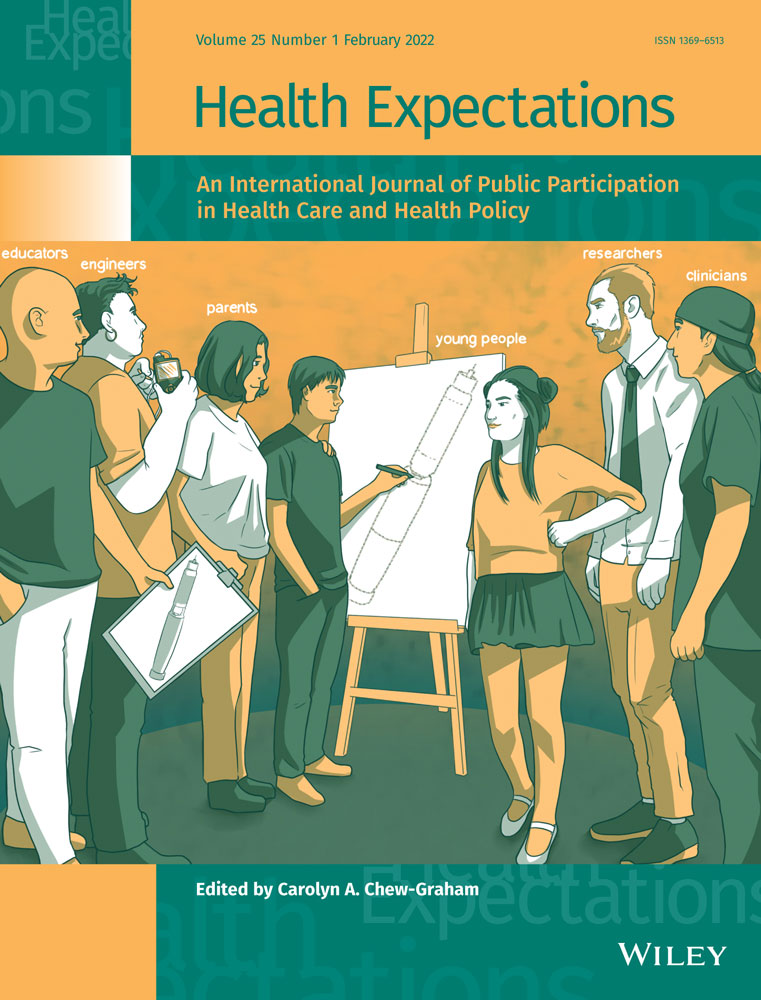The perspectives of survivors of Hodgkin lymphoma on lung cancer screening: A qualitative study
Abstract
Background
Hodgkin lymphoma survivors (HLS) are at excess risk of lung cancer as a consequence of HL treatment. HLS without a heavy smoking history are currently unable to access lung cancer screening (LCS) programmes aimed at ever smokers, and there is an unmet need to develop a targeted LCS programme. In this study we prospectively explored HLS perspectives on a future LCS programme, including motivating factors and potential barriers to participation, with the aim of identifying ways to optimise uptake in a future programme.
Methods
Semistructured telephone interviews were conducted with HLS, aged 18–80 and lymphoma-free for ≥5 years, selected from a clinical database (ADAPT). Participants provided informed consent. Data were analysed using inductive thematic analysis.
Results
Despite awareness of other late effects, most participants were unaware of their excess risk of lung cancer. Most were willing to participate in a future LCS programme, citing the potential curability of early-stage lung cancer and reassurance as motivating factors, whilst prior experience of healthcare was a facilitator. Whilst the screening test (a low dose CT scan) was considered acceptable, radiation risk was a concern for some and travel and time off work were potential barriers to participation.
Conclusions
Our results suggest that most HLS would participate in a future LCS programme, motivated by perceived benefits. Their feedback identified a need to develop educational materials addressing lung cancer risk and concerns about screening, including radiation risk. Such materials could be provided upon an invitation to LCS. Uptake in a future programme may be further optimized by offering flexible screening appointments close to home.
CONFLICT OF INTERESTS
The authors declare that there are no conflict of interests.
Open Research
DATA AVAILABILITY STATEMENT
The data that supports the findings of this study are available in the supplementary material of this article




